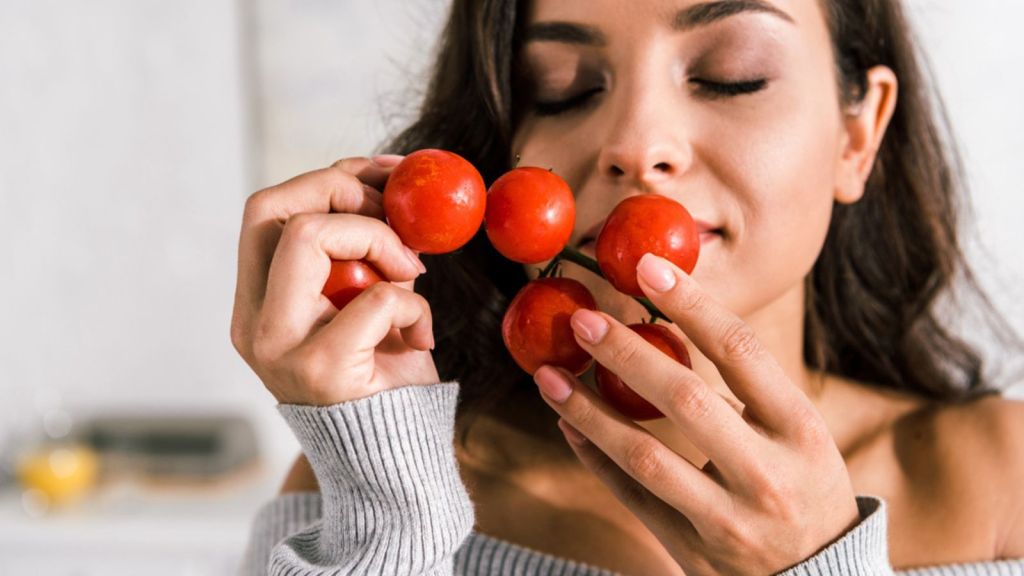“Unmasking the Hidden Dangers: 15 Common Foods You Should Never Cook in Aluminum Cookware!”
Stainless steel is your best friend in this situation. It won’t react with the wine’s acidity, allowing the delicate flavors of your sauce to shine through.
6. Sauerkraut

Sauerkraut, that tangy fermented cabbage, is naturally acidic. Cooking it in aluminum can lead to the same problems as other acidic foods, potentially even altering the color, which is just plain weird.
To enjoy the delicious tang of sauerkraut without any unwanted surprises, cook it in a non-reactive pot or pan like stainless steel or enamel-coated cast iron.
7. Berries

Berries, especially those with vibrant colors like blueberries and cranberries, can react with aluminum. The downside of this is that your culinary creation could wind up looking dull and tasting bland – a messy demise for all your hard work. Imagine a beautiful blueberry pie turning an unappetizing gray.
To keep those berries looking and tasting their best, cook them in non-reactive cookware. Stainless steel, glass, or enamel-coated cast iron are all safe bets.
8. Apples

While apples aren’t as acidic as citrus fruits, they can still react with aluminum, especially if they’re cooked for a long time or at high heat. A rogue reaction can fast-track your apple dishes to an uninviting brown hue and that unmistakable tinny taste â not exactly the taste sensation you’re aiming for.
Whether you’re making applesauce, apple pie filling, or anything else that requires cooking apples down, it’s best to use a non-reactive pot or pan.












